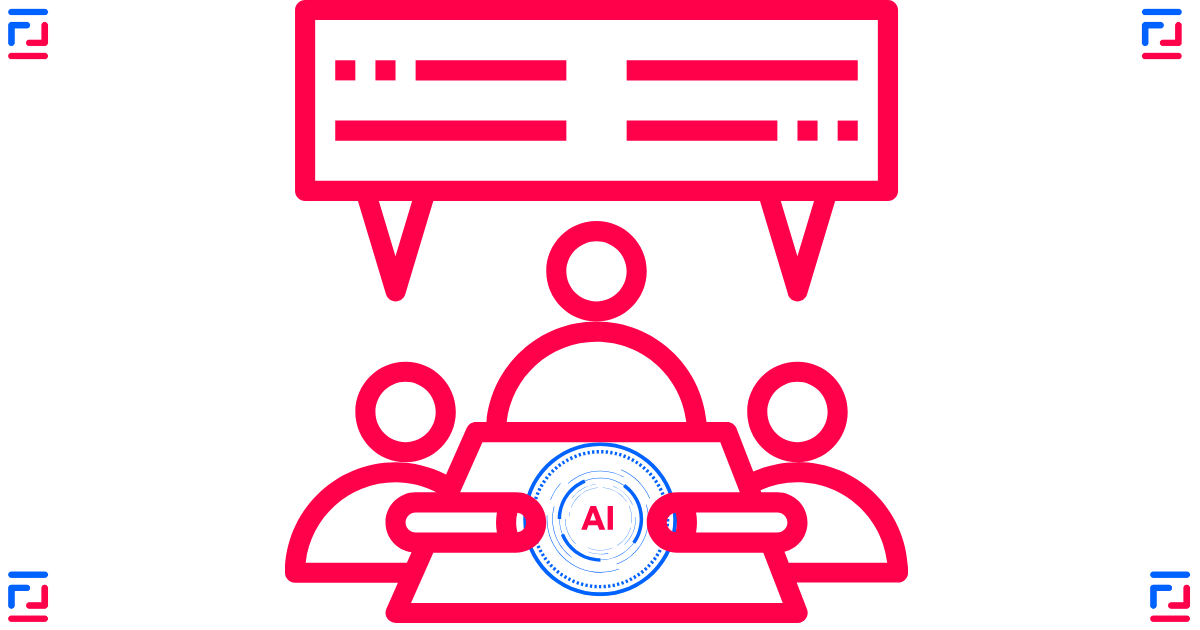
The Influence of Intelligent Machines on Corporate Stakeholders
March 15, 2025
The Fourth Industrial Revolution has brought us intelligent machines that significantly affect corporate stakeholders in their daily lives. Despite this growing influence, management scholarship has lagged, rendering existing frameworks insufficient for addressing the complex relationship between intelligent machines and organizations. A comprehensive multidisciplinary study in the "Journal of Management" tackled this gap and proposed an innovative framework for understanding intelligent machines and their role in value creation. Learn how AI is changing business dynamics and stakeholder engagement.
The study, "A Review of Artificial Intelligence, Algorithms, and Robots Through the Lens of Stakeholder Theory," explored how intelligent machines influence various organizational stakeholders through the lens of stakeholder theory. This 2025 review provides new insights into how these AI technologies influence stakeholder value.
The study first examined the primary characteristics of intelligent machines—autonomy, learning, inscrutability, and materiality—analyzing how variations in these attributes affect their affordances and the consequent value they provide to stakeholders. The authors introduce the concept of "value contingencies," recognizing that the value created by intelligent machines is contextual and dependent on stakeholders' attitudes toward and use of these technologies.
This review highlights how intelligent machines typically generate both benefits and drawbacks for stakeholders. Stay ahead of the curve and understand how your organization can adapt to these AI innovations.
Stakeholder Study Findings
The study identifies four primary characteristics of intelligent machines that impact stakeholders in various industries, including the impact of autonomy, learning, and AI transparency:
- Autonomy: Intelligent machines can operate independently without human intervention, which can lead to both positive and negative outcomes for stakeholders.
- Learning: These machines can improve their performance based on data and experience, sometimes surpassing human capabilities.
- Inscrutability: The complexity and opacity of intelligent machines make it difficult for stakeholders to fully understand their operations.
- Materiality: The physical presence of robots and the anthropomorphism of AI can significantly impact stakeholders' perceptions and interactions.
The value created by intelligent machines is influenced by stakeholders' exploitation of these technologies and their dispositions toward them. Factors like trust, perceived fairness, and ethical considerations play a crucial role in determining the value that stakeholders derive from intelligent machines.
Intelligent machines can lead to both gains and losses for stakeholders:
- Gains: Improved job performance, enhanced creativity, and increased organizational resilience.
- Losses: Job insecurity, reduced autonomy, and negative mental health impacts.
Implications for Business Leaders
Business leaders must consider the diverse impacts of intelligent machines on different stakeholder groups. Effective management of these technologies requires understanding their affordances and the contingencies that influence value creation, especially regarding AI tools and cybersecurity threats.
Here are some recommendations for integrating AI technologies with minimal risk:
- Define Clear Use Cases: Identify specific tasks through which AI and intelligent machines can enhance productivity. Focus on practical applications in your corporation.
- Data Security Assessment: Review your data security policies and ensure they align with AI tools' access requirements.
- User Training & Awareness: Provide targeted training on AI functionality and security best practices. Emphasize the importance of data privacy and responsible AI usage.
- Monitor AI Usage: Regularly monitor AI performance and usage patterns to ensure optimal integration.
- Establish Data Governance: Ensure data used with AI is properly managed and compliant with data privacy regulations.
The study by Matthews et al. (2025) offers a comprehensive look at the dual nature of intelligent machines in the workplace. While these technologies can significantly enhance learning and performance, they also pose challenges that need to be carefully managed. By understanding these dynamics, business leaders can better harness the power of intelligent machines to create a more productive and supportive work environment.
Learn More About AI and Business
- Discover the Impact of AI Tools in the Workplace
- Don't Underestimate AI. Use Our AI Readiness Checklist
- Take STACK Cyber's AI Readiness Survey
- Learn How Copilot Can Improve Your Productivity
- New Blog Series Highlights AI Tools, Tactics
- AI Insights with Bill Frischling: Deep Dive on Recent Developments
Need Help Implementing AI Tools for Cybersecurity?
Contact STACK Cybersecurity for personalized assistance with your AI and cybersecurity needs.
Website: Visit https://stackcyber.com
Email: digital@stackcyber.com
Phone: (734) 744-5300
